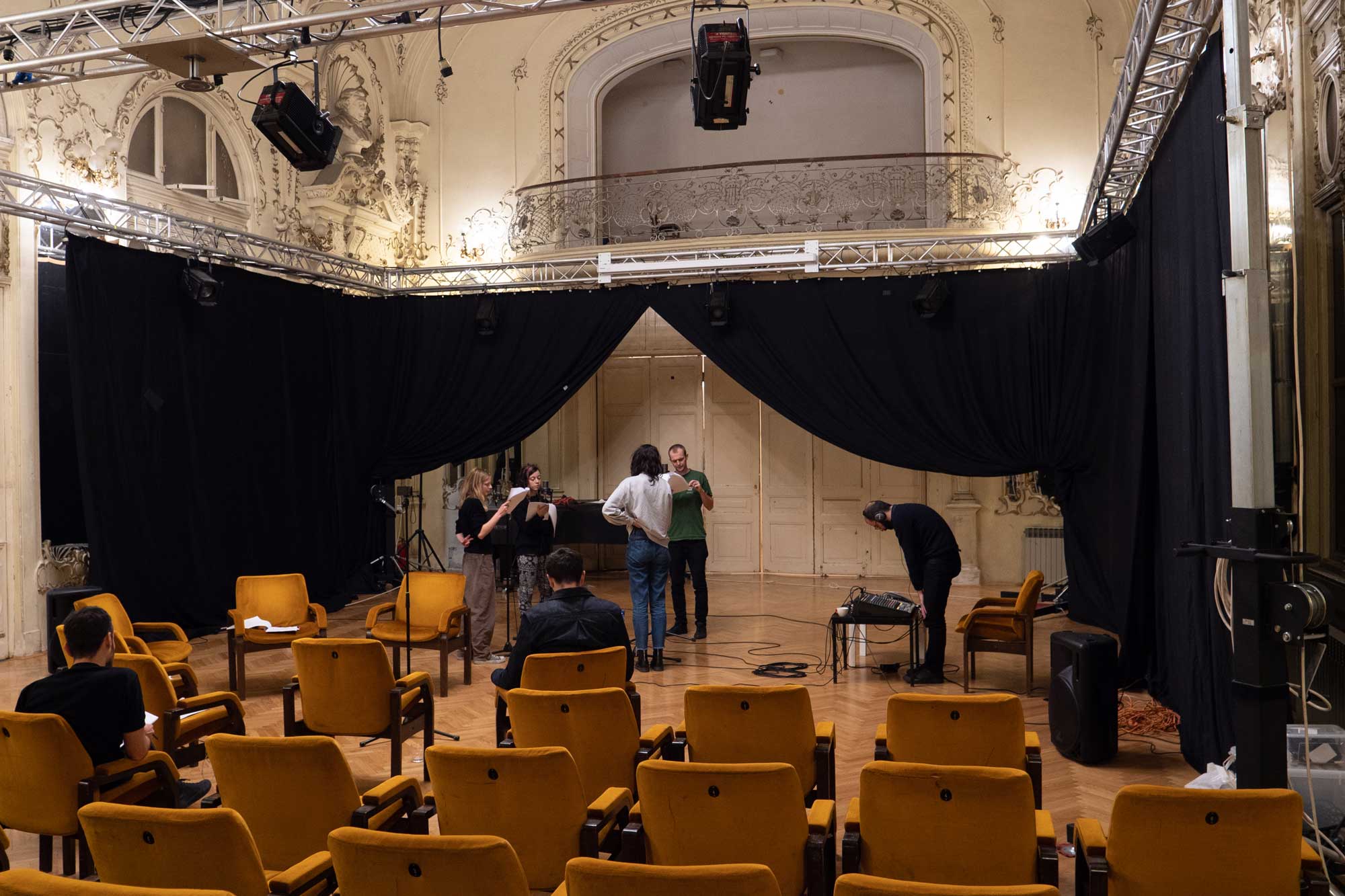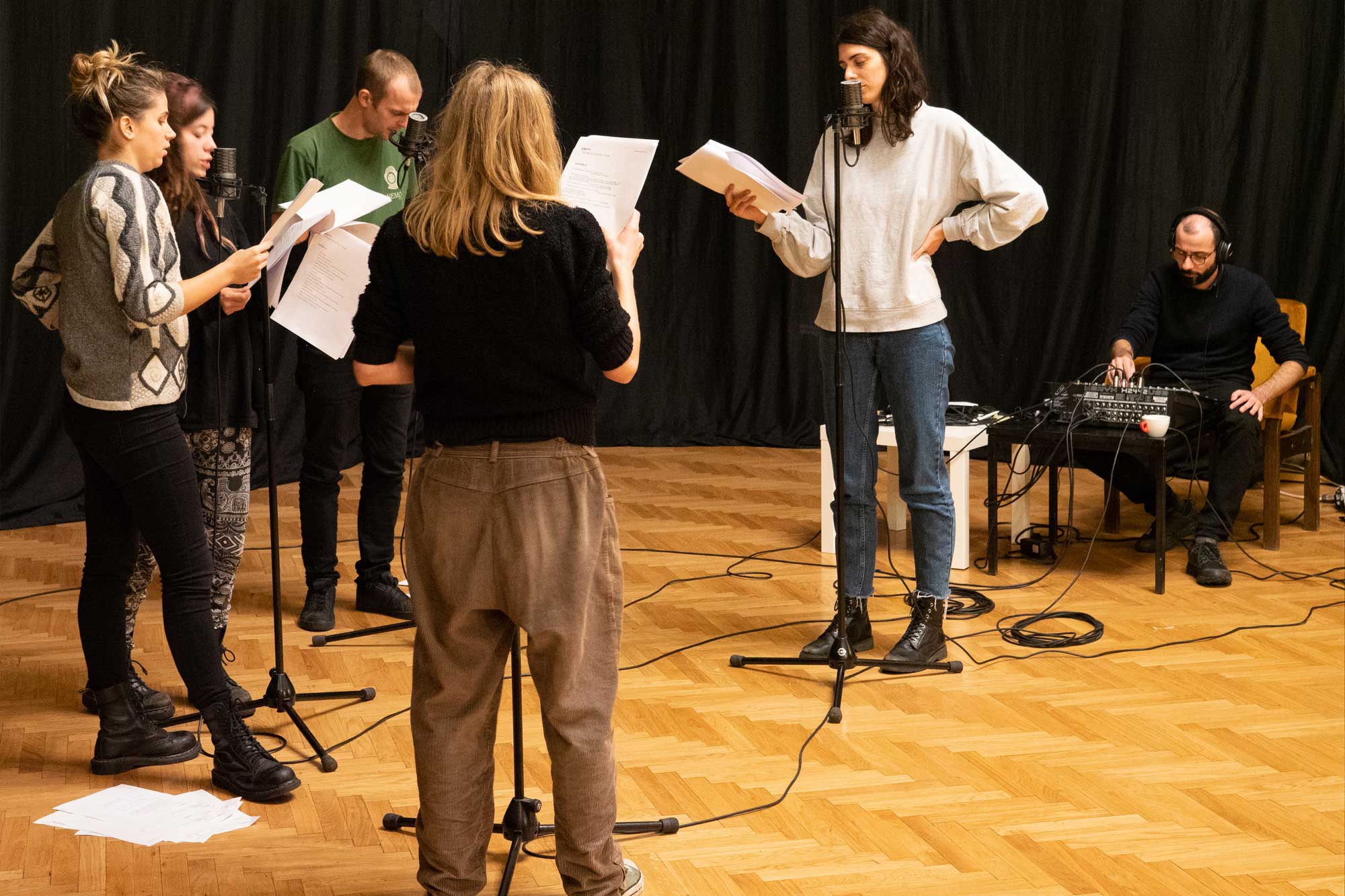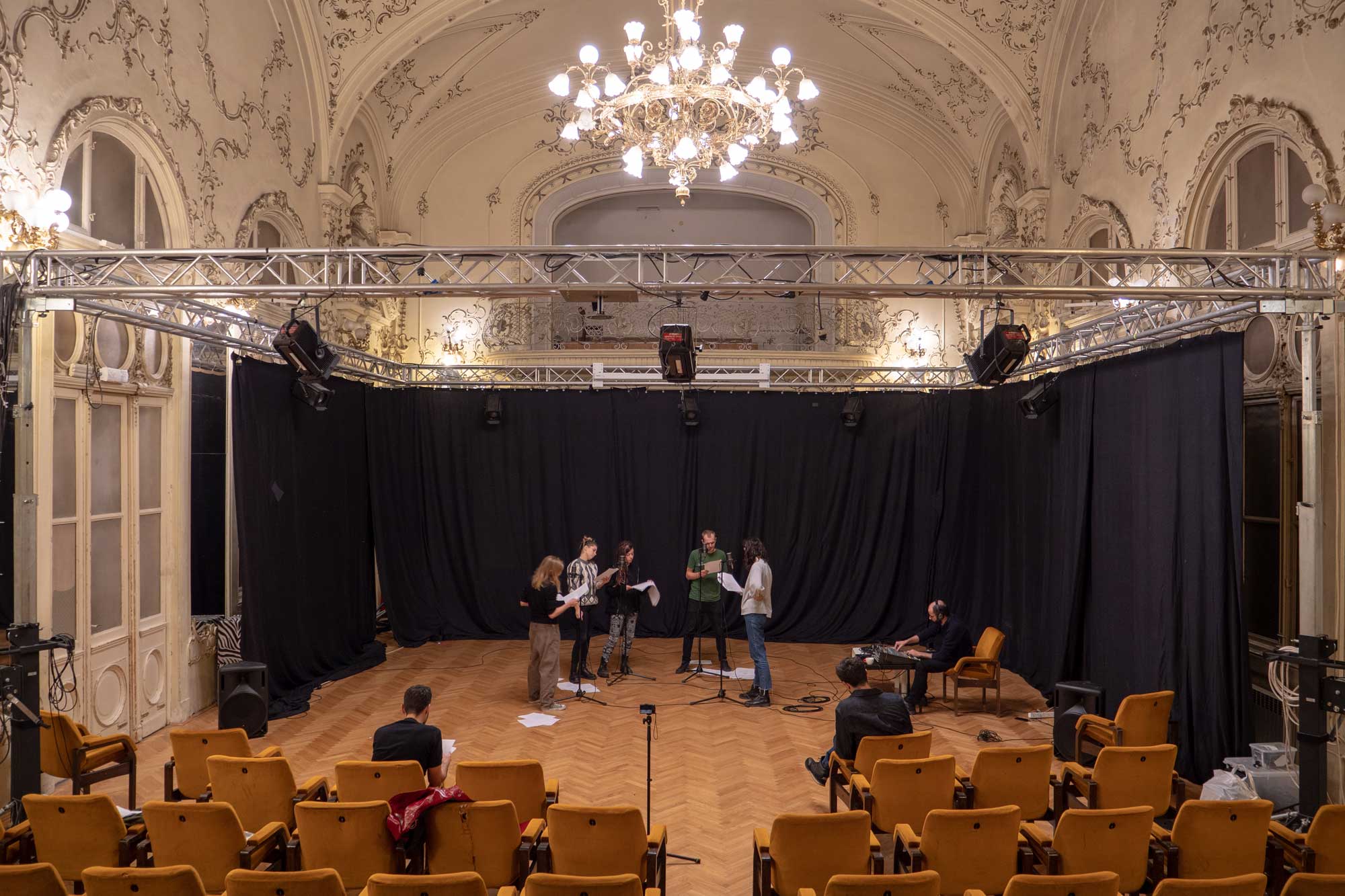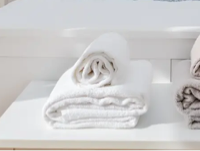
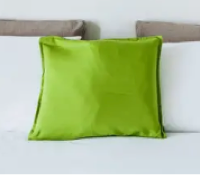
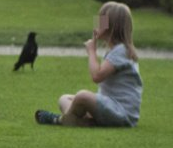
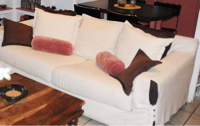
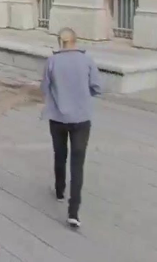
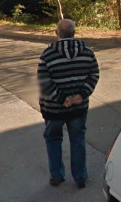
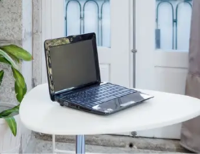
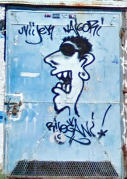

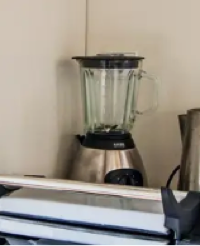

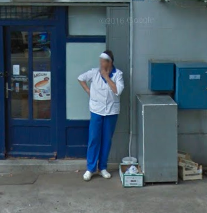
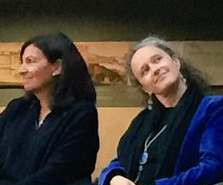
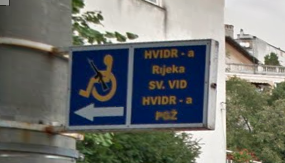

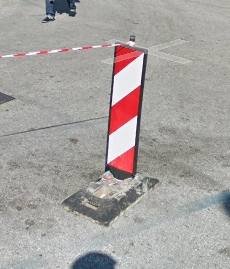
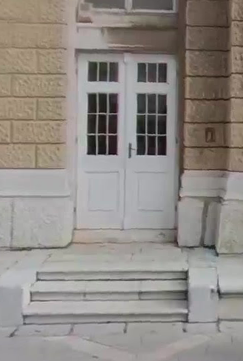
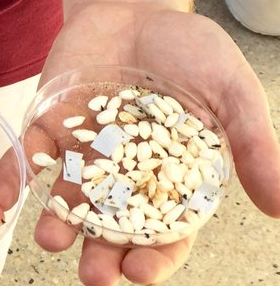
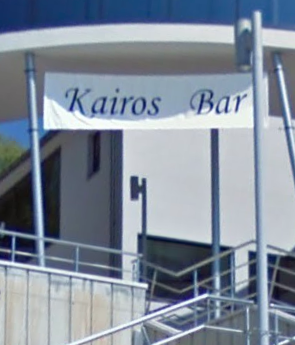
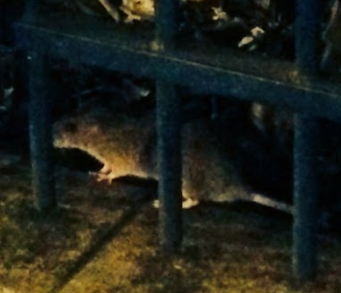

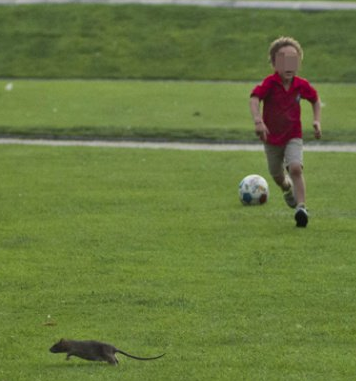
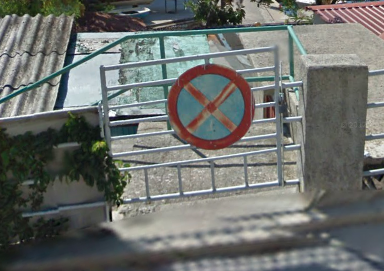

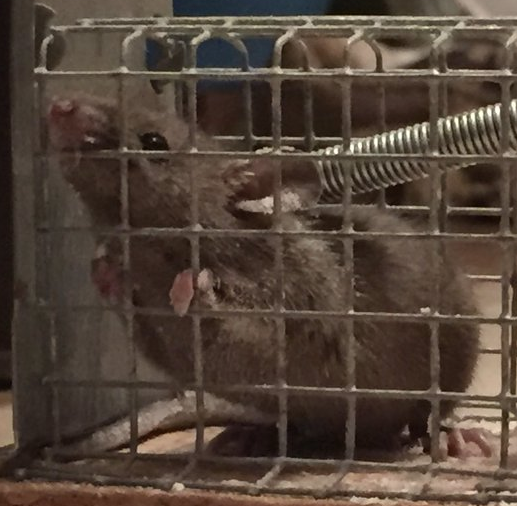
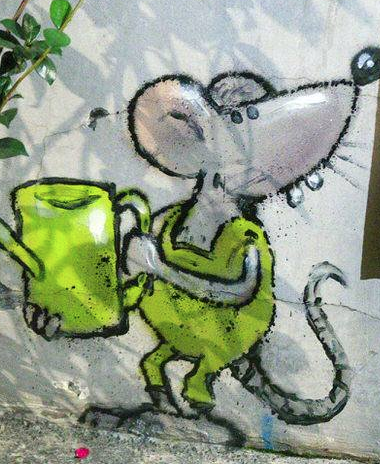

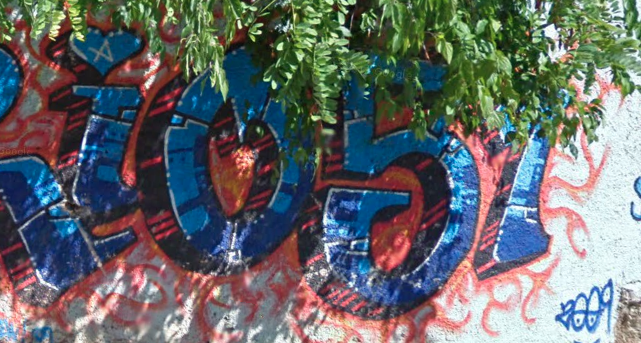

DEPT.
is a project by
Donato Ricci,
Calibro,
Duncan Evennou, and
Benoît Verjat.
Exploring the invitations to act in the public space by material signs.
Drugo More, Rijeka (HR)
15.11–17.11.2019
What are the messages, inscriptions, signs and objects, that invites us “to do something”, “to perform actions”, “to imagine an elsewhere”? Trying to answer the question “what is the public space is asking us to do?” in Rijeka we tried to grasp, discuss and describe the effects of these invitations in our daily experiences, exploring and performing their consequences. We tried to attach new meanings to them. We repurposed them to narrate our aspirations, desires, beliefs and possessions defining, individually and collectively, our identities
Photos of the exhibition by Tanja Kanazir.
1. Recomposing digital traces.
We asked our co-inquirers living in Rijeka to provide a familiar path within the city. Their daily path from home to the office, to their favourite place or any other place in the city that they are familiar with. Through Google Street View APIs, we collected an image every 10 meters of the left side, the right side of their path.
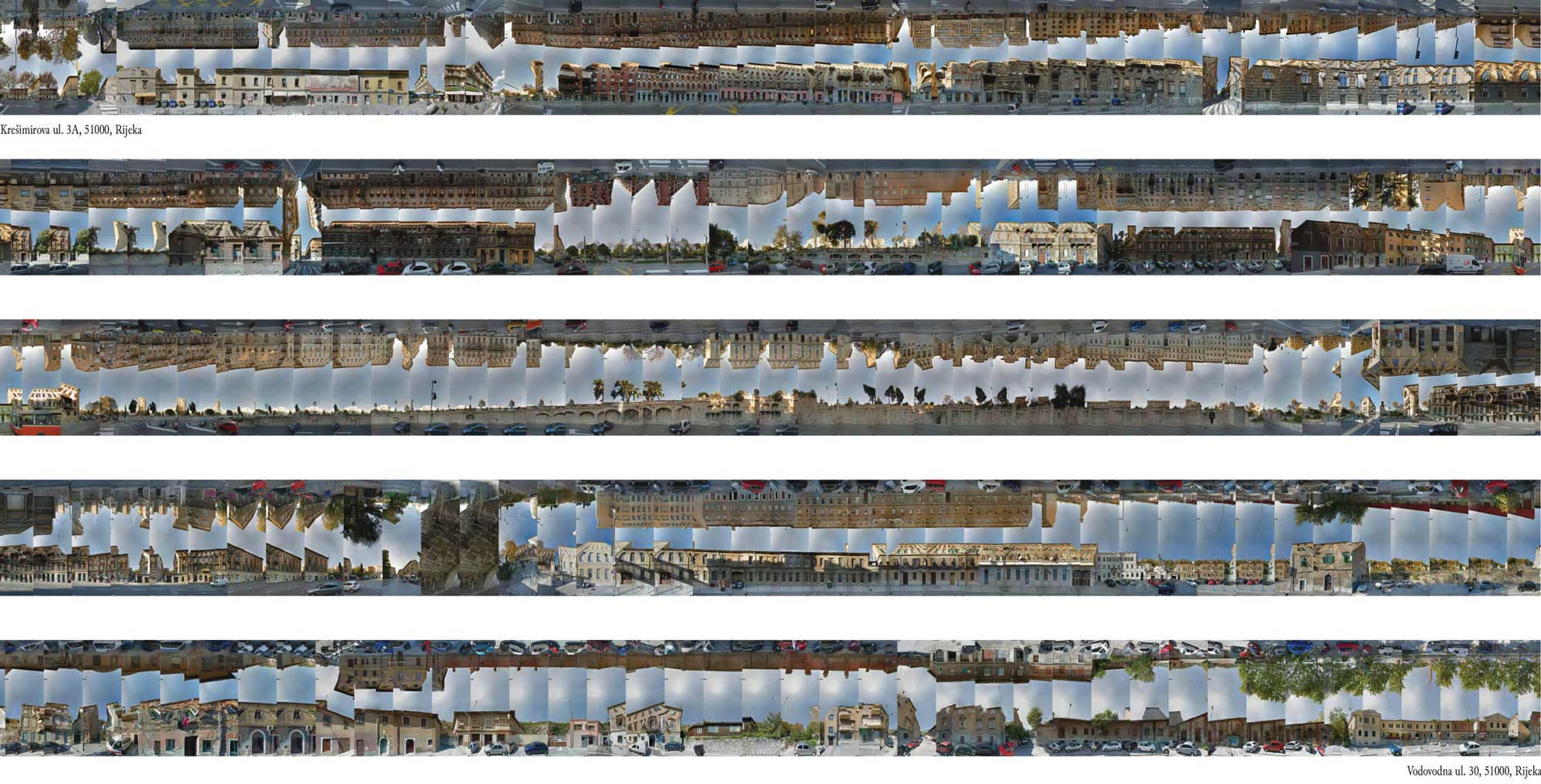
We retrieved all the objects contained in the Google Street View’s images through an image-recognition algorithm (Dense Captioning) and we produced, semi-automatically, a catalogue displaying these paths and organising the objects and the fragments retrieved.
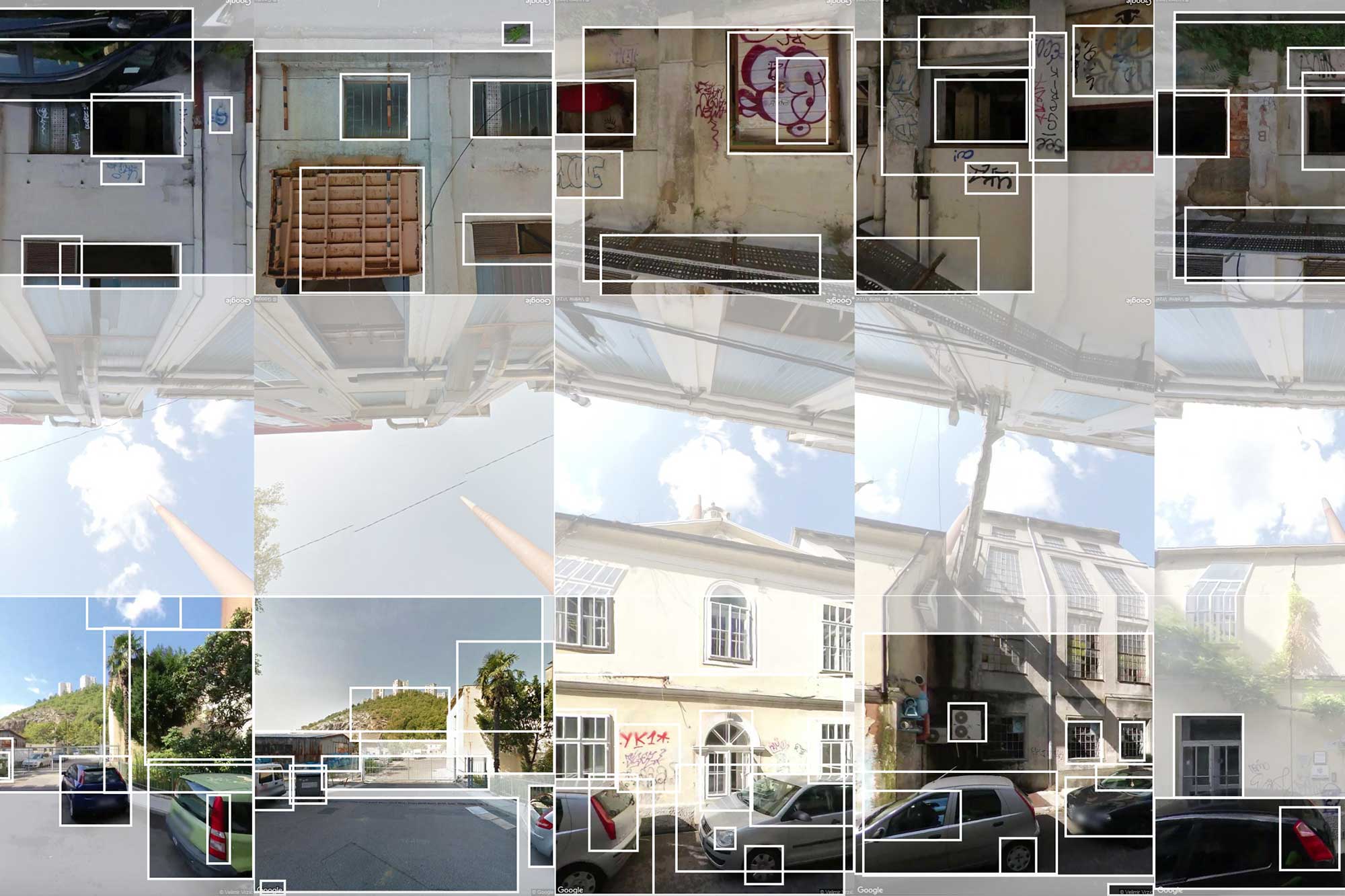
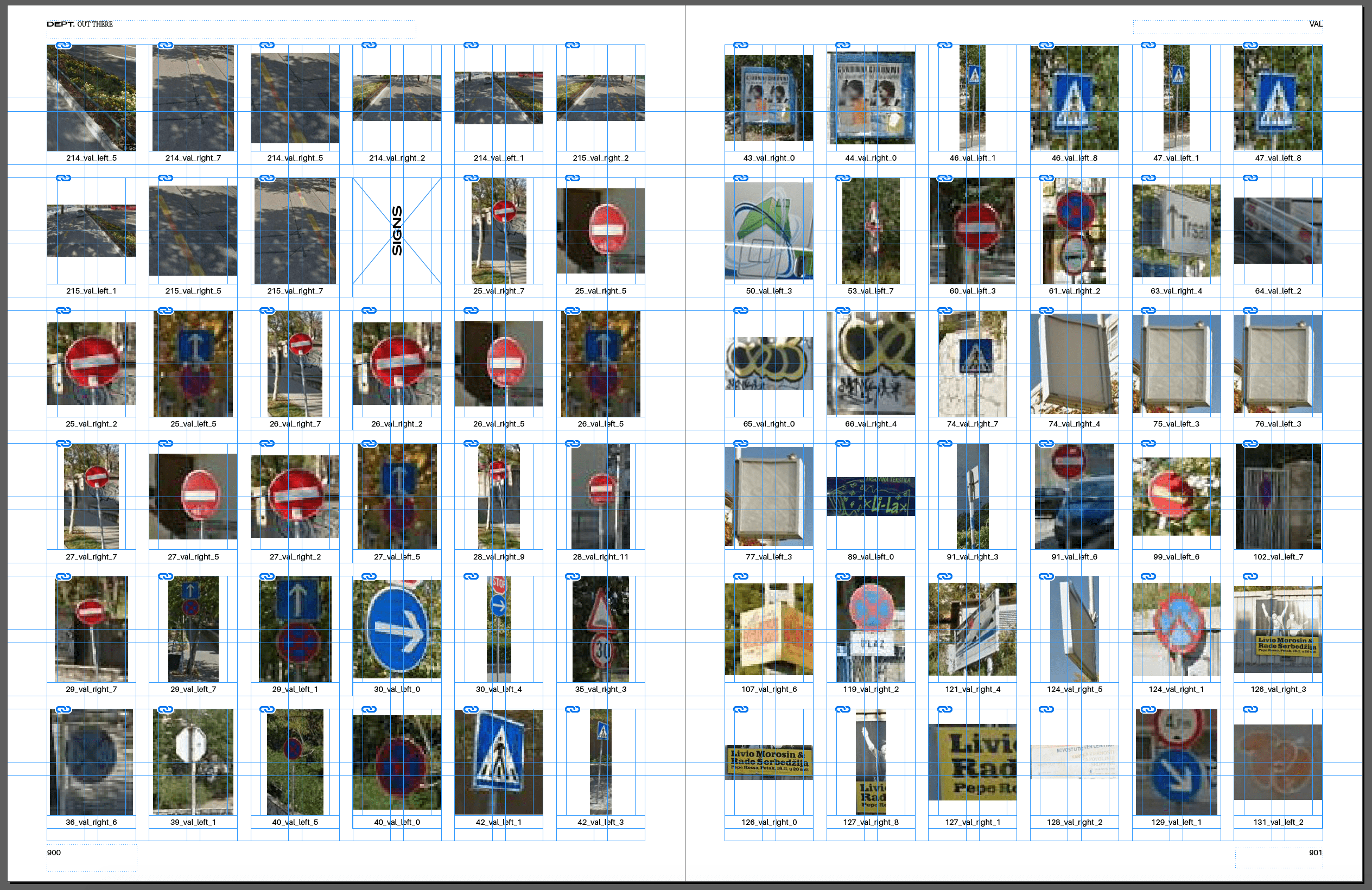
2. Writing individual narratives. The co-inquirers were invited to leaf through the catalogues, to annotate them and to select 10 meaningful objects. The catalogues have been used as baseline descriptors to open open up questions and critiques. They operate as triggers to have grounded dialogues.
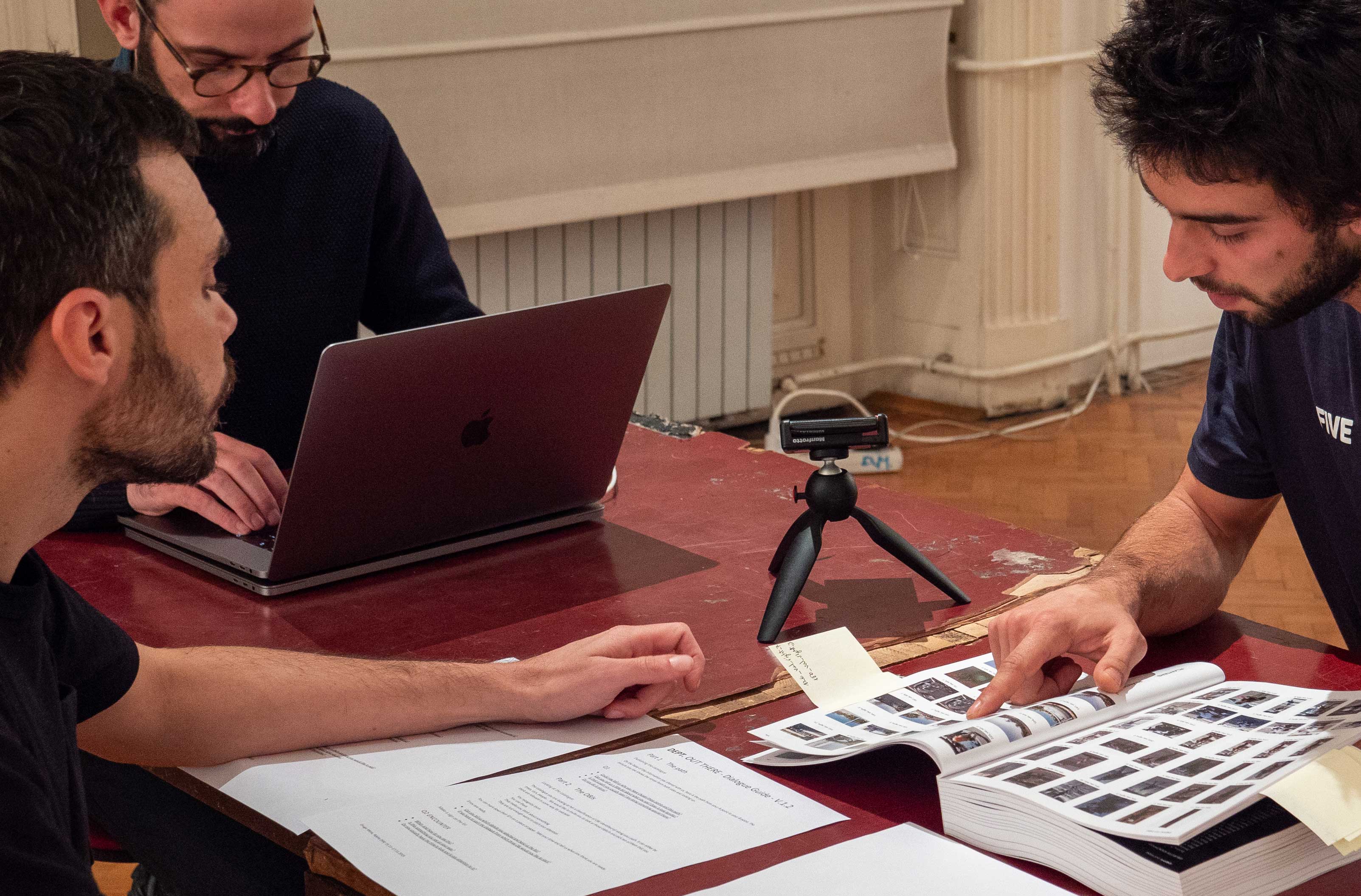
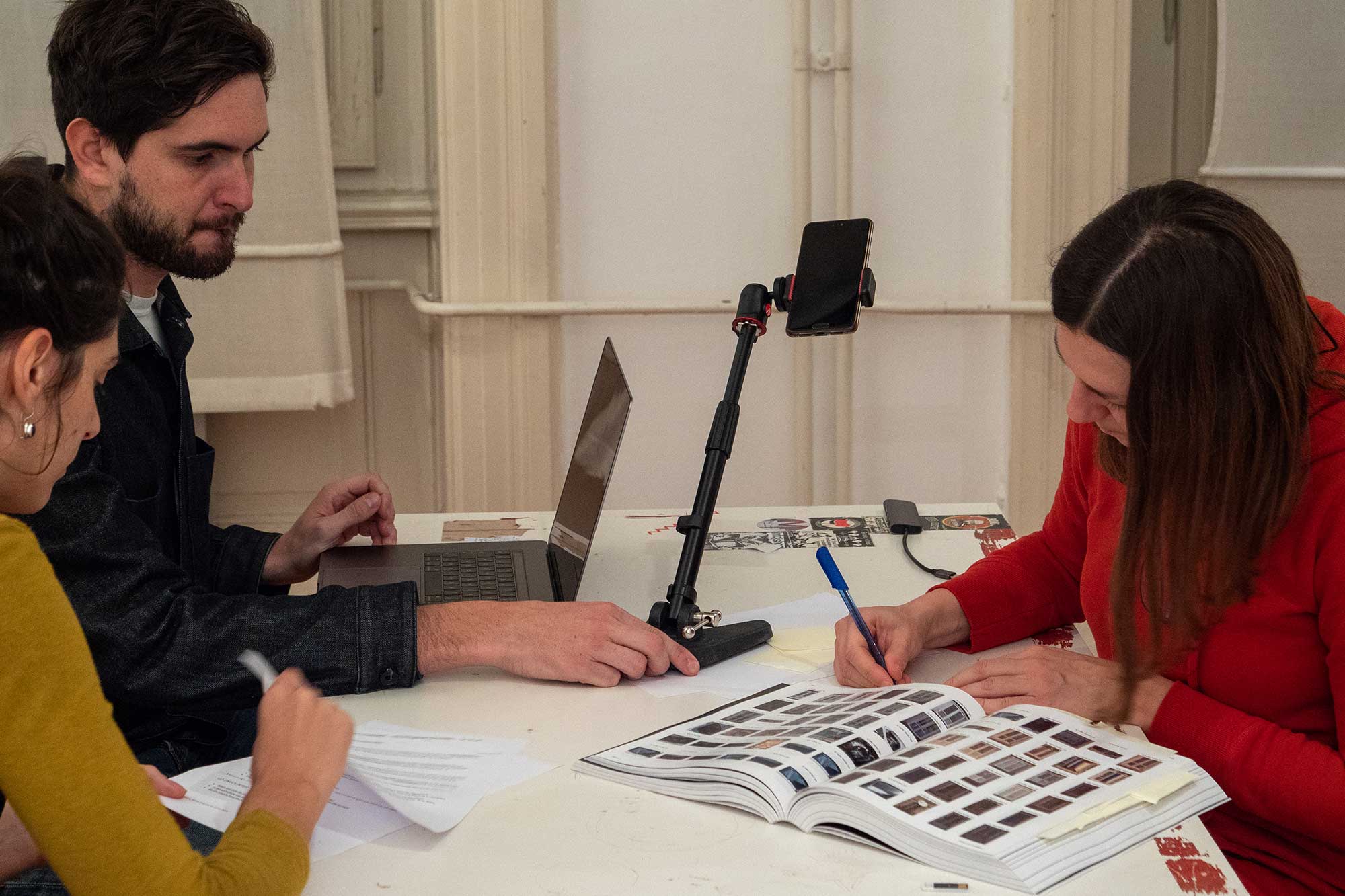
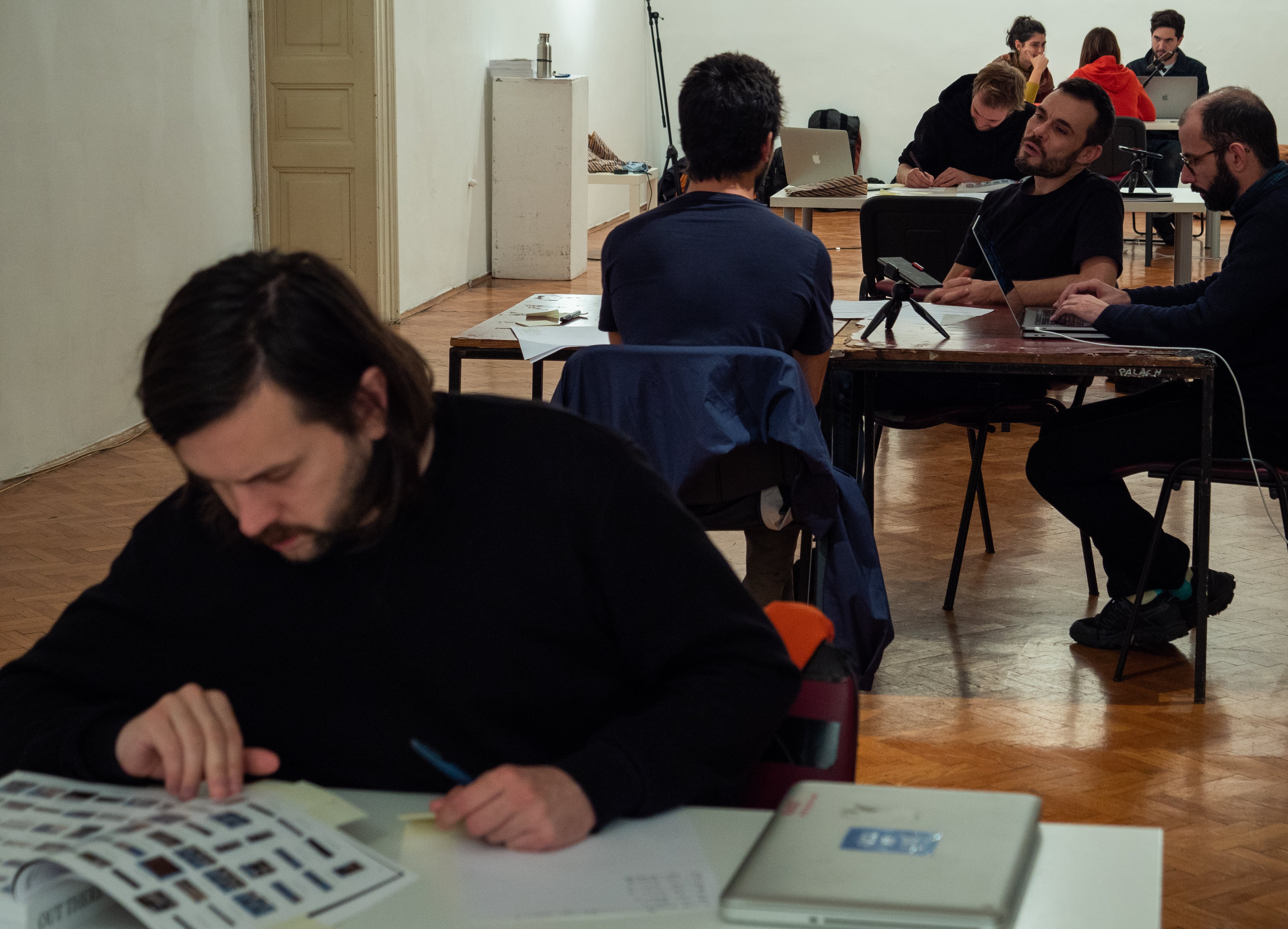
Sensitive to expressions feelings, emotions, relations, links and dependencies, the dialogues transcriptions become materialisation of personal narratives, then, collected and distilled into textual and visual posters.
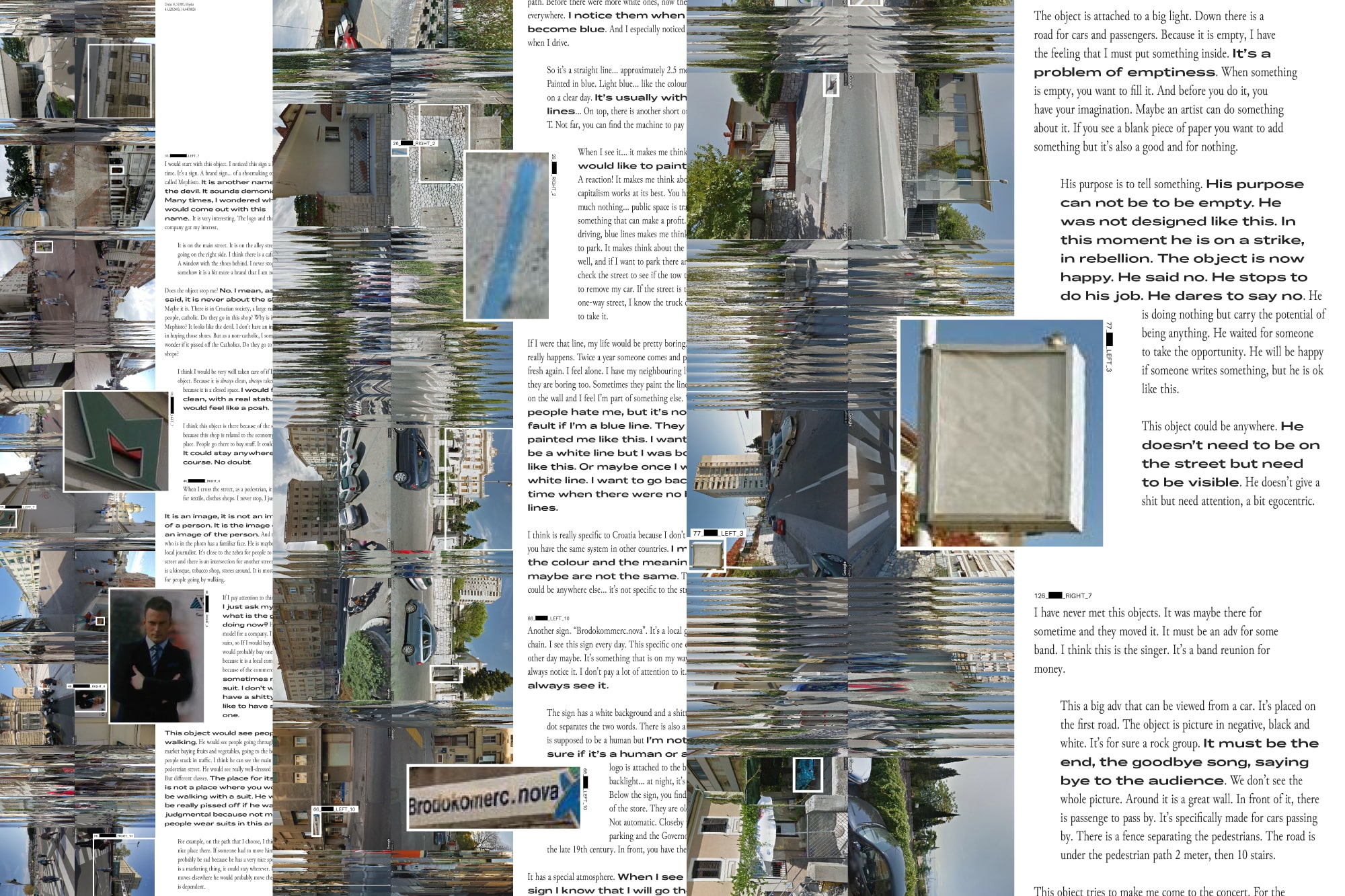
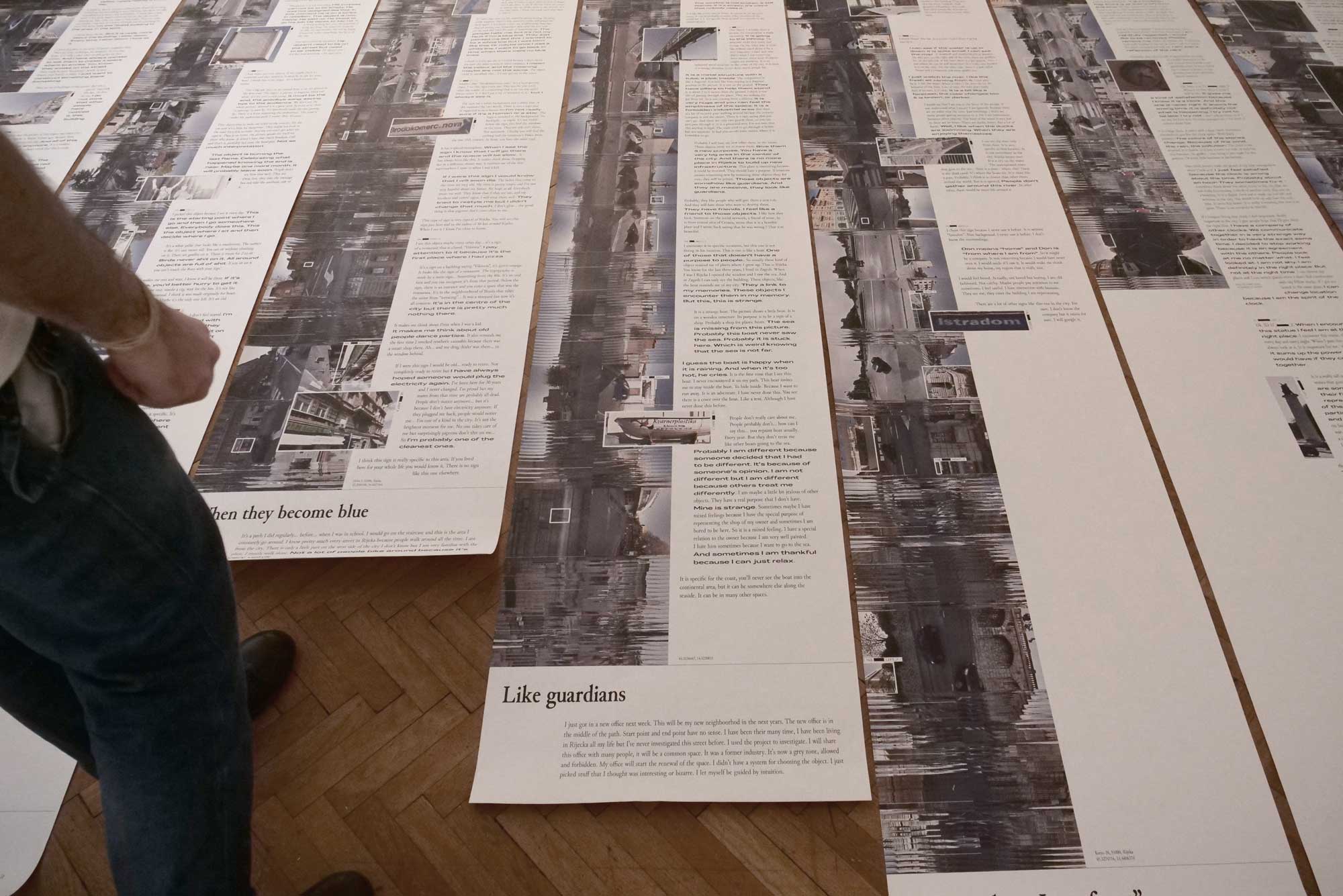
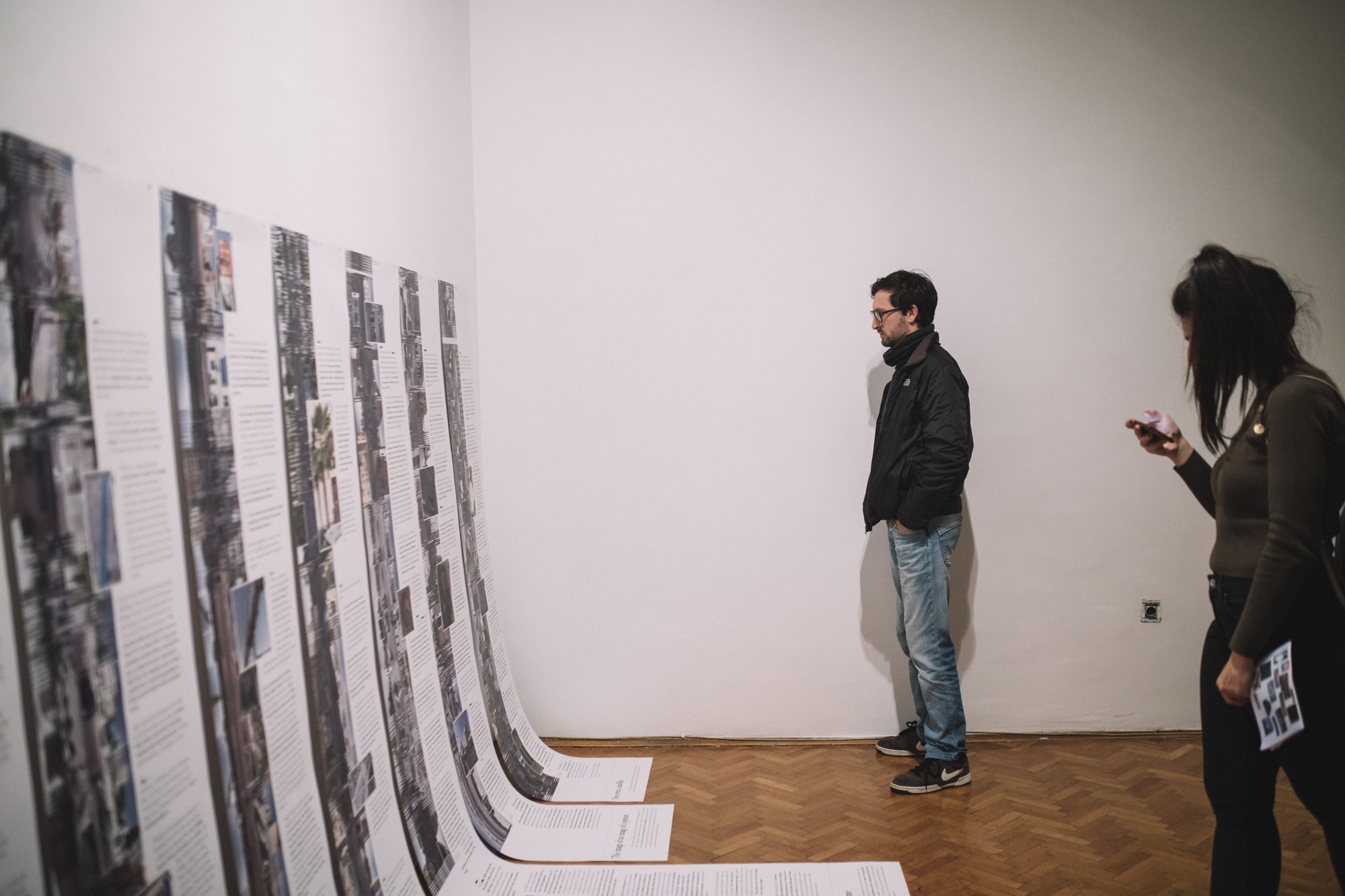
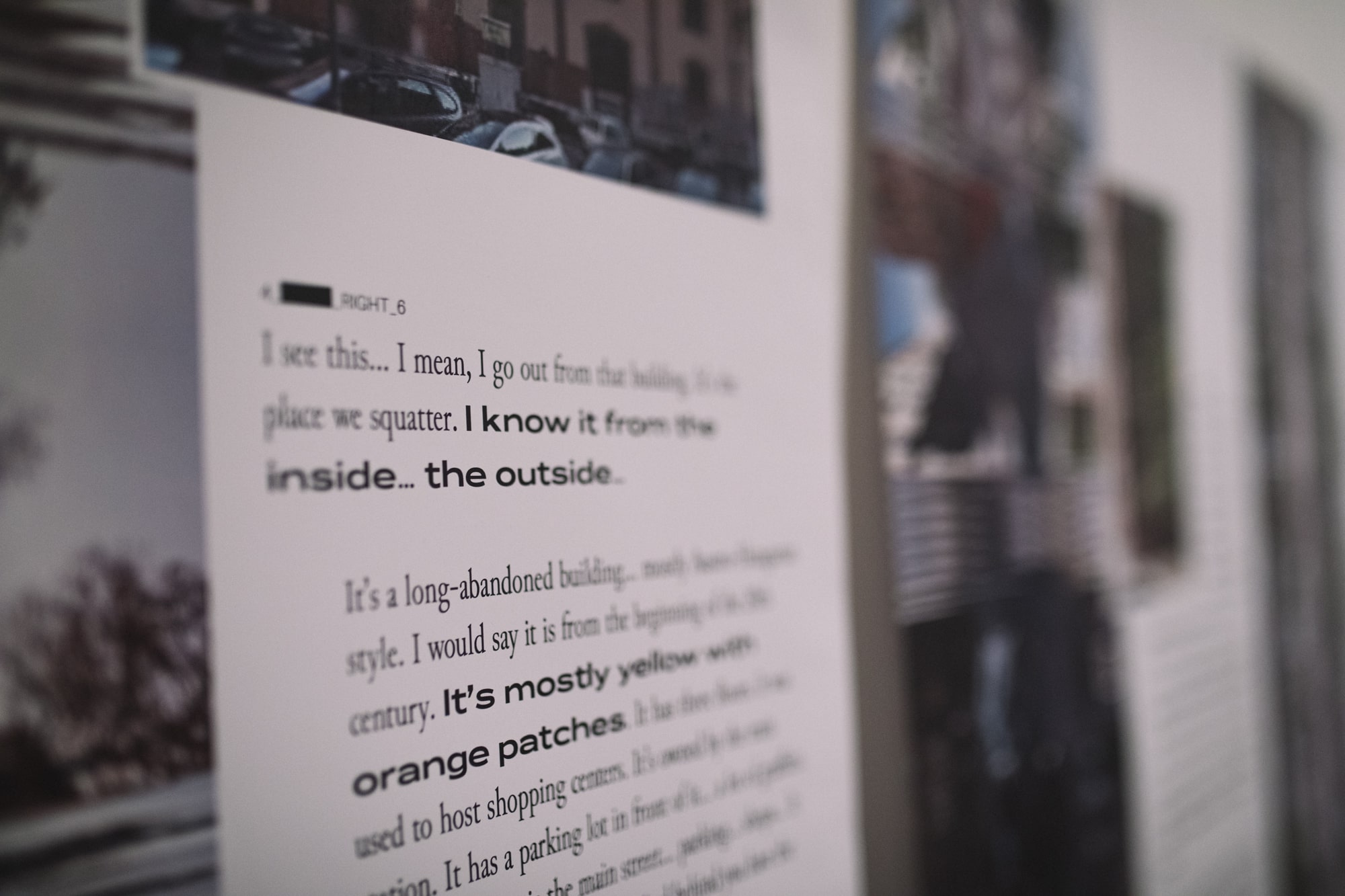
3. Performing a collective voice.
In a specific session, the personal narratives have been re-explored and negotiated. Rather than looking for a smooth unification of individual accounts into greater arguments, the scope has been to conjoin them as an expression of a collective experience. Trying to respect both convergences and divergences; harmonies and dissonances. We tried different approaches for cutting, splicing and regenerating them so to find elements able to articulate them together.
This third movement invited the co-inquirers to produce a public expression where it could be felt the alignment of various individual experiences and, at the same time, the moments and the reasons for their possible divergences. Looking for rhythms and directions, the scope has been to produce a voice standing for the localised understanding of the dimension under inquiry.
As a final moment a debriefing session, more than focus on the technicalities, strived to engage in discussions about the problem of the representation asking ourselves if we feel adequately represented by this voice. If we feel betrayed by it. If we should adhere or not.
